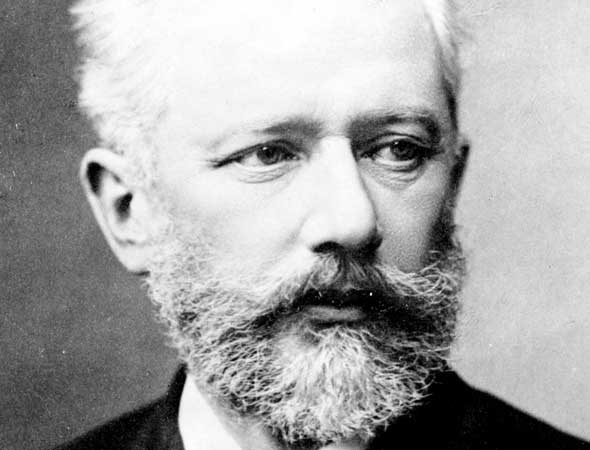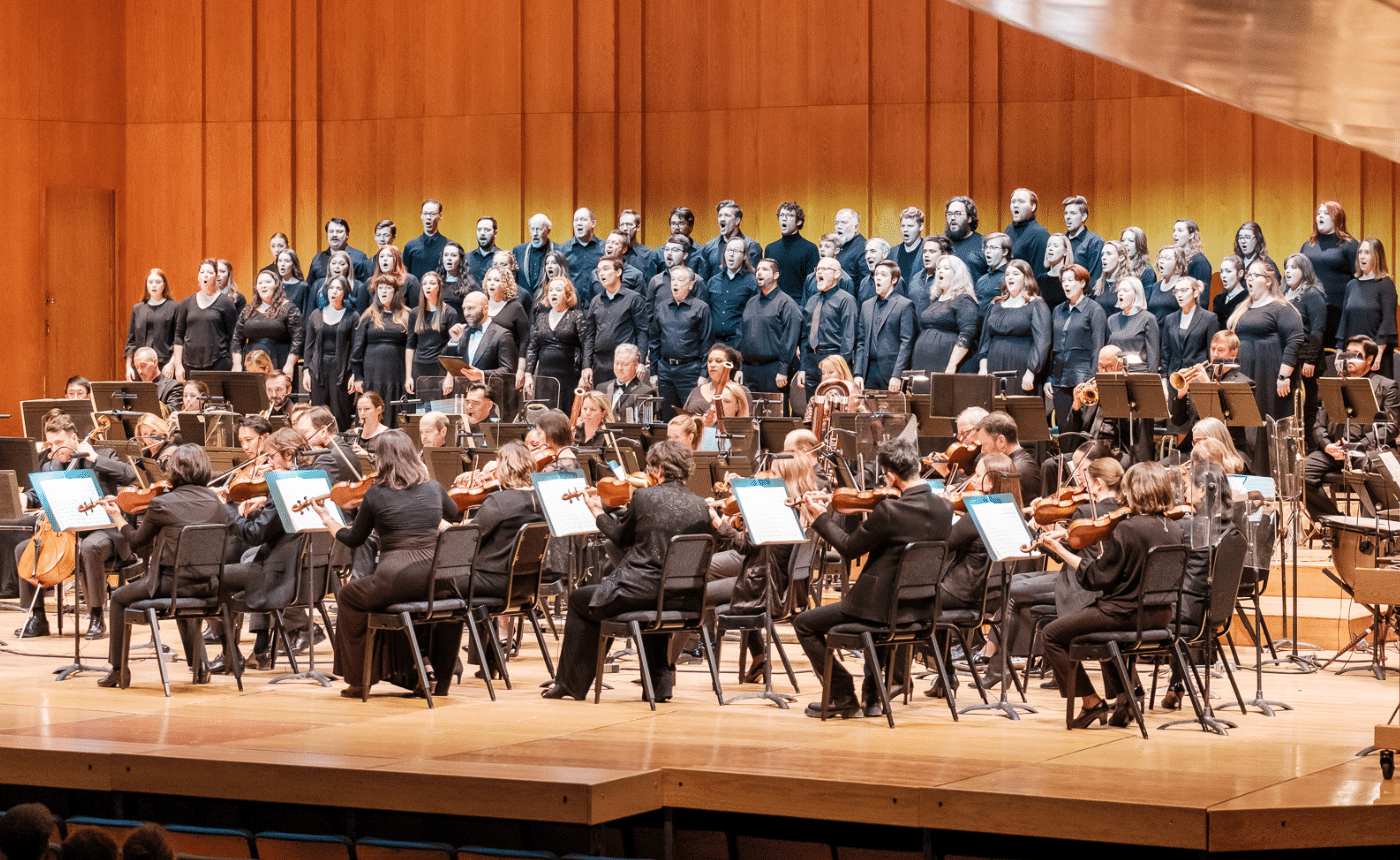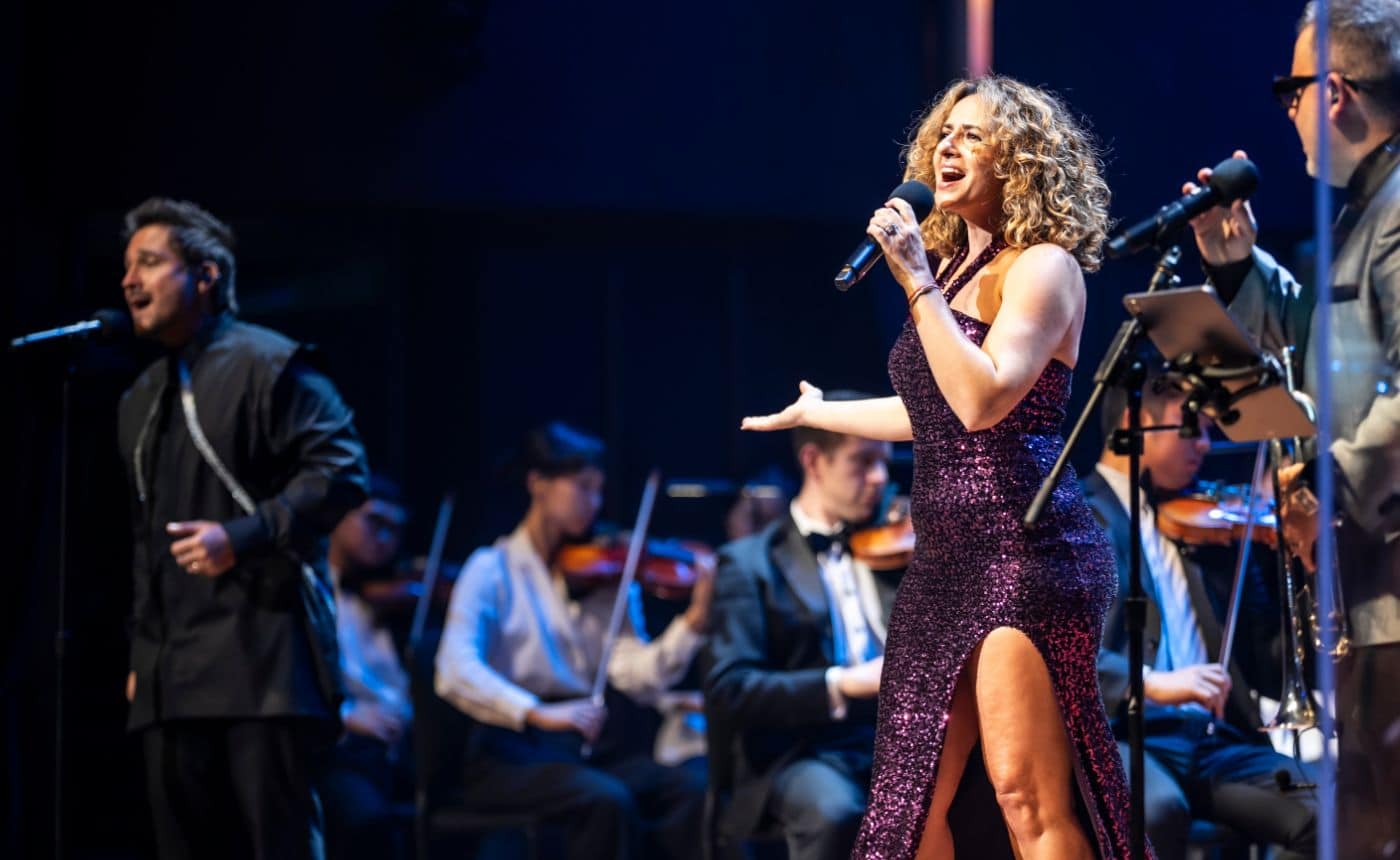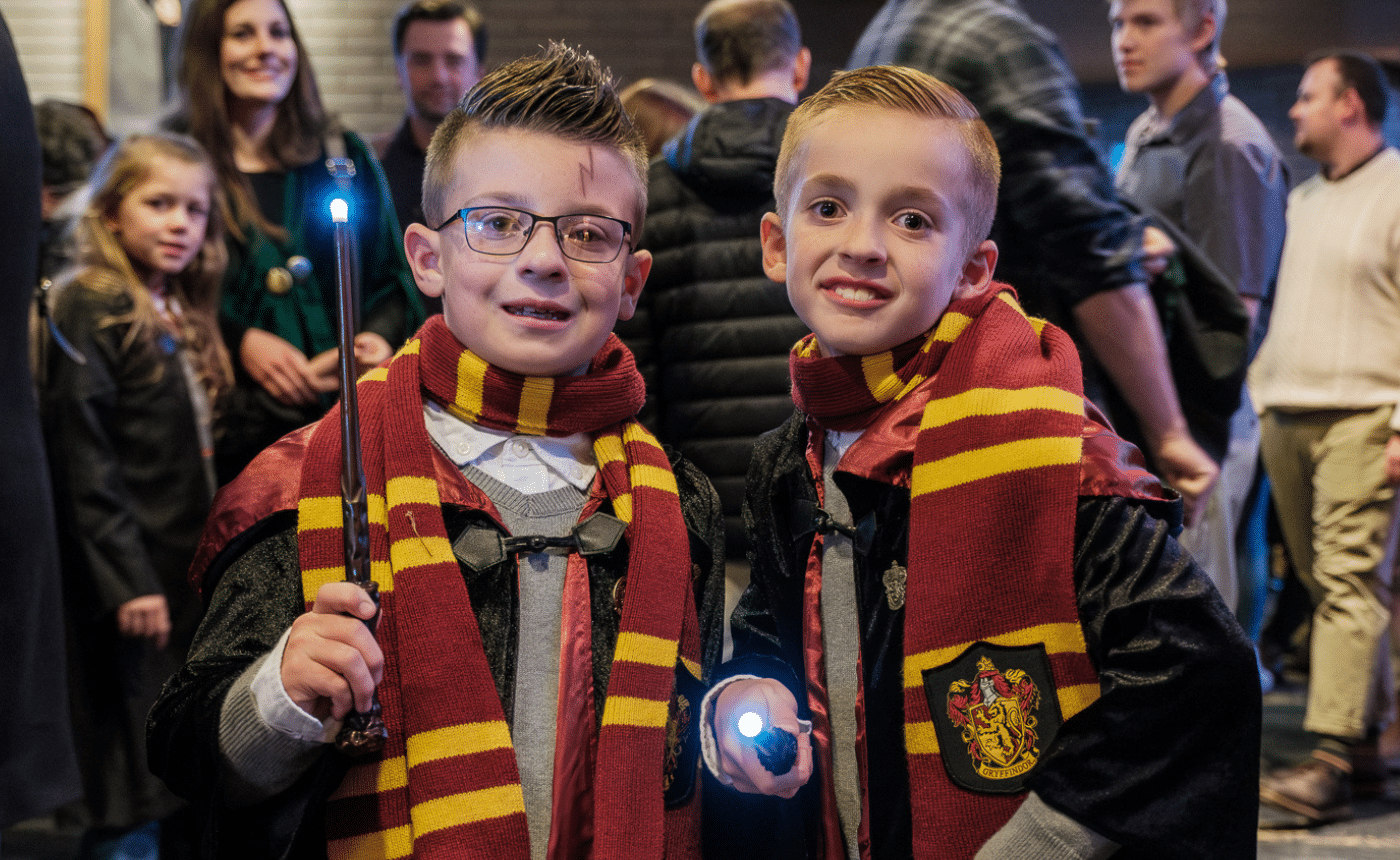Tchaikovsky – 1812 Ouverture Solennelle, op. 49
by Jeff Counts
Instrumentation: 2 flutes, piccolo, 2 oboes, English horn, 2 clarinets, 2 bassoons, 4 horns, 4 trumpets, 3 trombones, tuba, bass drum, cymbals, snare drum, triangle, tambourine, chimes, cannon, timpani, strings.
Duration: 16 minutes.
THE COMPOSER – PIOTR ILYICH TCHAIKOVSKY (1840-1893) – The break up of Tchaikovsky’s marriage in the late 1870s was cause for much gossip in Moscow. The focus of the chatter centered on his sexuality of course and it confirmed for him the need to escape the rigidity of his life at the Conservatory. Tchaikovsky believed a “break up” with the Russian capital city was also necessary if he was to recapture the compositional confidence of his younger days.
THE HISTORY – There are few works in the historical catalogue of symphonic music that can genuinely rival the current popularity of Tchaikovsky’s 1812 Overture. Even so, given its legacy of populist immediacy over philosophical depth, it is hard to believe that he would have composed such a work during his self-imposed exile/renaissance. Commissions have a certain power to persuade however and the piece was premiered in 1882 at a dedication of the new Cathedral of Christ the Savior in Moscow, itself commissioned by Tsar Alexander I to commemorate the Russian victory over Napoleon. The occasion demanded a rousing, celebratory anthem to Russian might and an unabashed musical retelling of the old battles. Tchaikovsky created an excellent study in slowly built musical tension and the patience with which audiences must wait for the culminating fireworks is both exquisite and excruciating in a well-paced performance, making the thunderous cannon shots and the pealing of the victory bells even more rewarding when released at last. It is a testament to the always-masterful craft of Tchaikovsky, even in such “light” fare. It serves us to remember that no artistic crime was committed here. The 1812 Overture was and is a purely celebratory work, and in that vein, he could have not have succeeded more enviably.

Pyotr Ilyitch Tchaikovsky
THE WORLD – Queen Victoria survived yet another assassination attempt in 1882, the same year the Triple Alliance was formed between Germany, Austria-Hungary and Italy was formed. 1882 was also the year that famed outlaw Jesse James was killed by Robert Ford.
THE CONNECTION – Though the 1812 Overture is performed every summer by the Utah Symphony at the Deer Valley Music Festival and elsewhere, it is a true rarity on the Masterworks Series.











